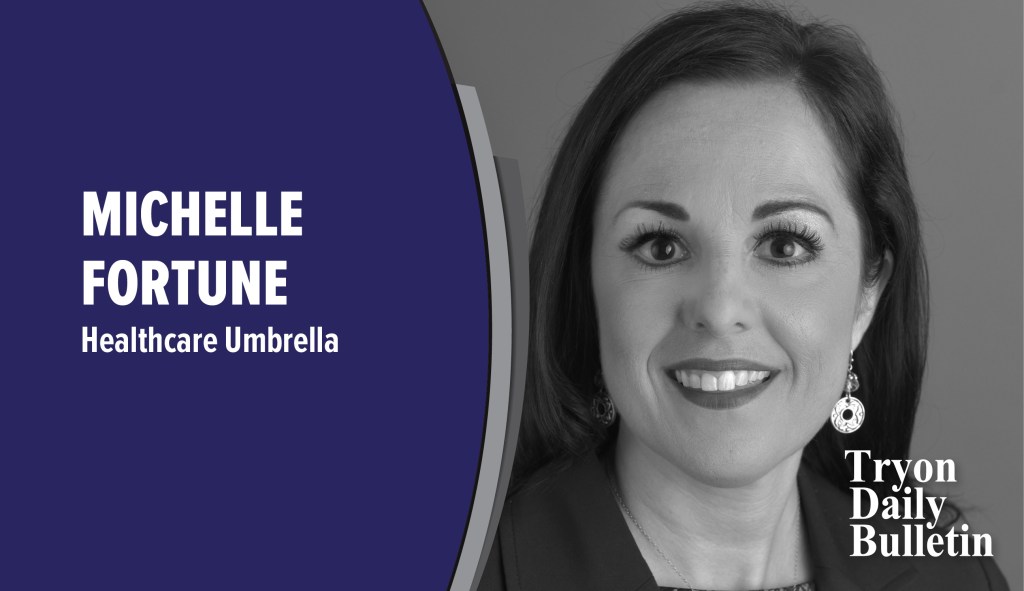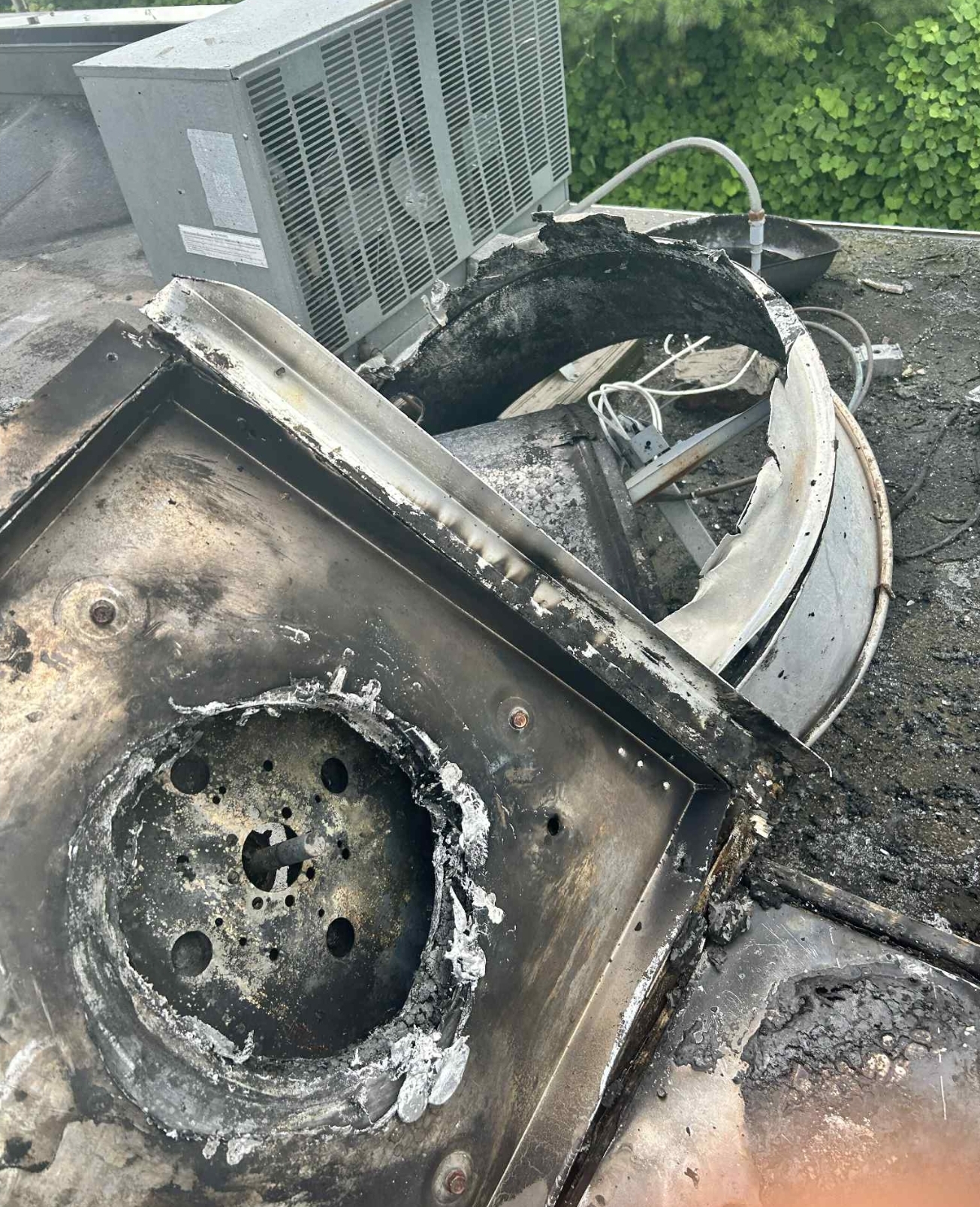Chronic pain management
Published 11:46 am Monday, December 11, 2023
|
Getting your Trinity Audio player ready...
|
I once read, “Having chronic pain is like waking up and realizing it’s Monday, every single day.”
I can relate to this quote as my mother quietly endures chronic pain. She has extensive pain caused by a disease process that attempts to limit her ability to enjoy life to its fullest. But even with a life full of Mondays, she is a champion of the highest degree and doesn’t allow pain to stop her. Unfortunately for millions, my mother’s battle with pain is not unique.
The number of Americans suffering from chronic pain exceeds 100 million. Complicated and debilitating chronic pain can make your daily routines next to impossible, causing you to miss work, lose sleep and keep you from activities you enjoy. Chronic pain, if not managed, can also affect relationships with your spouse, children and friends.
Nearly everyone feels pain at one time or another when you cut yourself, pull a muscle or injure a joint. Your body’s way of letting you know something is wrong is through pain. As your body heals, most pain goes away. Pain from surgery, a toothache, a sprained ankle and an occasional headache are examples of temporary pain.
Chronic pain does not go away and can last three months or longer. Arthritis in your back, neck, knees and hands are examples of chronic pain, as are frequent migraine headaches or muscle injuries that don’t heal correctly.
Common causes of chronic pain include musculoskeletal or muscular conditions, back and neck injuries, joint damage and nerve trauma.
Pain treatment is complex, thus, I recommend working with a board-certified pain management physician. Pain management physicians complete advanced specialized training in anatomy and pain-registering nerves. Everyone’s pain tolerance is different, and pain medicine specialists who have expertise in using various medications can effectively alleviate pain for many patients.
OPTIONS FOR TREATING CHRONIC PAIN
For those suffering from diagnosed chronic pain, treatment options include:
- Physical therapy – Some classes of pain respond well to specific exercises that help stretch muscles, build strength and ease pain.
- Medication – Over-the-counter drugs, such as acetaminophen, nonsteroidal anti-inflammatory drugs, and more powerful pharmaceuticals may help ease pain.
- Interventional pain procedures – Several procedures can help with pain management. Those approaches incorporate nerve blocks, surgery and clipping overactive nerves. Additional techniques to minimize pain include using electrical currents, radio waves or medication pumps.
- Complementary therapies – Some people find relief using biofeedback, meditation, dry needling and acupuncture.
- Lifestyle changes – Keeping your nerves healthy by maintaining a healthy weight, good nutrition and consistent exercising can often relieve or prevent pain.
Loved ones must comprehend the effect of chronic pain on a person’s daily life. Those unable to engage in daily activities may experience anxiety, helplessness and hopelessness.
Watching my dad support my mom through patience, encouragement and compassion is heartwarming, and for my mom, this motivates her to live a vibrant life. It’s beneficial for people with chronic pain to maintain a sense of normalcy, remain involved in social activities, and stick to a routine sleep schedule and our family focuses on this.
Caregivers need to balance encouraging activity and enabling passivity, as doing things for your loved one can inadvertently promote physical and psychological limitations and dependency. As my mother always says “let me do what I can do.” Her tenacity and achievements amaze me!
As mentioned earlier, people in pain often cannot engage in work or basic daily activities and need pain medications to achieve relief. Providers write 300 million opioid prescriptions each year, and 2 million Americans abuse these painkillers. While opioids can be an effective option for treating pain, they are highly addictive. St. Luke’s Pain Center practices ethical pain management and does not prescribe high-dose opioids.






